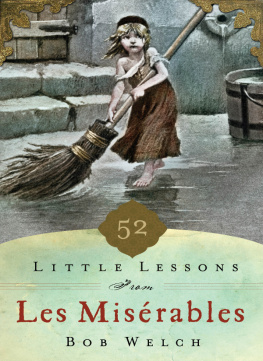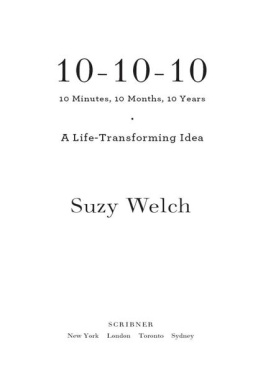Michael Welch - Ironies of Imprisonment
Here you can read online Michael Welch - Ironies of Imprisonment full text of the book (entire story) in english for free. Download pdf and epub, get meaning, cover and reviews about this ebook. year: 2004, publisher: SAGE, genre: Politics. Description of the work, (preface) as well as reviews are available. Best literature library LitArk.com created for fans of good reading and offers a wide selection of genres:
Romance novel
Science fiction
Adventure
Detective
Science
History
Home and family
Prose
Art
Politics
Computer
Non-fiction
Religion
Business
Children
Humor
Choose a favorite category and find really read worthwhile books. Enjoy immersion in the world of imagination, feel the emotions of the characters or learn something new for yourself, make an fascinating discovery.

- Book:Ironies of Imprisonment
- Author:
- Publisher:SAGE
- Genre:
- Year:2004
- Rating:3 / 5
- Favourites:Add to favourites
- Your mark:
- 60
- 1
- 2
- 3
- 4
- 5
Ironies of Imprisonment: summary, description and annotation
We offer to read an annotation, description, summary or preface (depends on what the author of the book "Ironies of Imprisonment" wrote himself). If you haven't found the necessary information about the book — write in the comments, we will try to find it.
Ironies of Imprisonment — read online for free the complete book (whole text) full work
Below is the text of the book, divided by pages. System saving the place of the last page read, allows you to conveniently read the book "Ironies of Imprisonment" online for free, without having to search again every time where you left off. Put a bookmark, and you can go to the page where you finished reading at any time.
Font size:
Interval:
Bookmark:
IMPRISONMENT
IMPRISONMENT

 | Sage Publications, Inc. 2455 Teller Road Thousand Oaks, California 91320 E-mail: |
Sage Publications Ltd. 1 Olivers Yard 55 City Road London EC1Y 1SP United Kingdom | |
Sage Publications India Pvt. Ltd. B-42, Panchsheel Enclave Post Box 4109 New Delhi 110 017 India |
Acquisitions Editor: | Jerry Westby |
Editorial Assistant: | Vonessa Vondera |
Production Editor: | Denise Santoyo |
Copy Editor: | Teresa Herlinger |
Typesetter: | C&M Digitals (P) Ltd. |
Cover Designer: | Michelle Lee Kenny |
- A nation whose self-image boasts a proud claim as the founder and defender of human freedom operates a penal system that denies freedom to a greater proportion of its citizens than any other democratic nation.
- Our incarceration rate seems to have little to do with our crime rate: Prison populations continue to grow, despite close to a decade of falling crime; indeed, since 1975, we have had almost the same number of years of declining crime rates as years of increasing crime ratesbut prison populations have gone up every year regardless.
- Everyone would agree that among our most pressing social problems are disparities among the races in wealth, access to opportunity, and quality of life; yet the prison system, which locks up 8% of African American males, and will be home to almost one third of all black males sometime during their lifetimes, must surely be seen as making a major contribution to those very disparities.
Font size:
Interval:
Bookmark:
Similar books «Ironies of Imprisonment»
Look at similar books to Ironies of Imprisonment. We have selected literature similar in name and meaning in the hope of providing readers with more options to find new, interesting, not yet read works.
Discussion, reviews of the book Ironies of Imprisonment and just readers' own opinions. Leave your comments, write what you think about the work, its meaning or the main characters. Specify what exactly you liked and what you didn't like, and why you think so.












